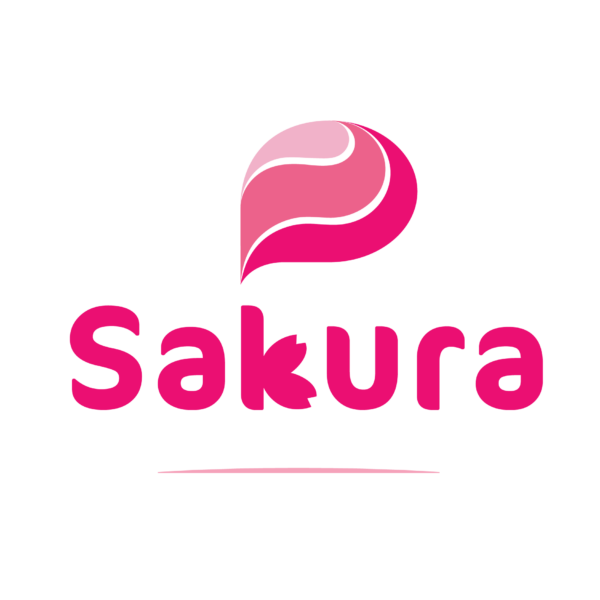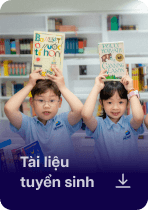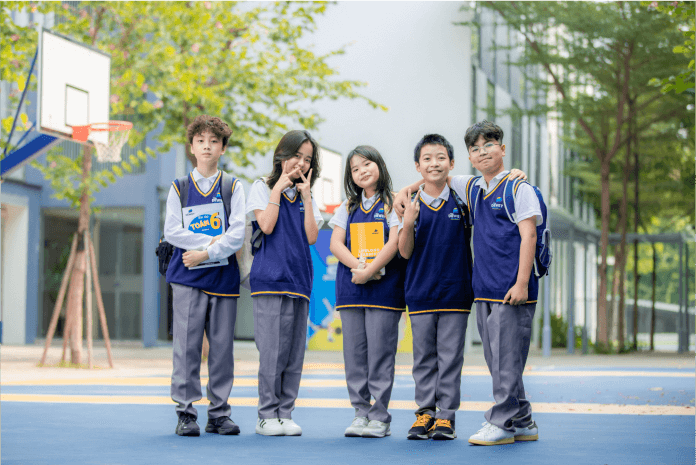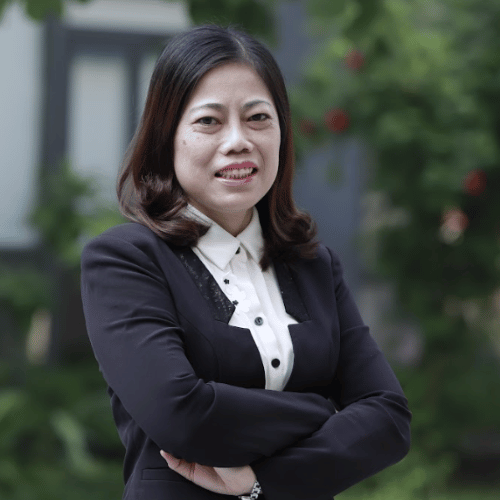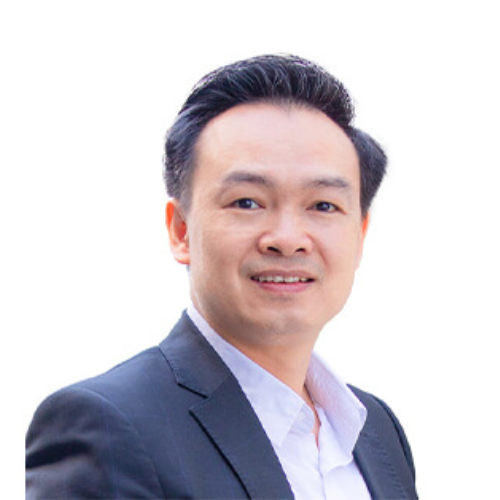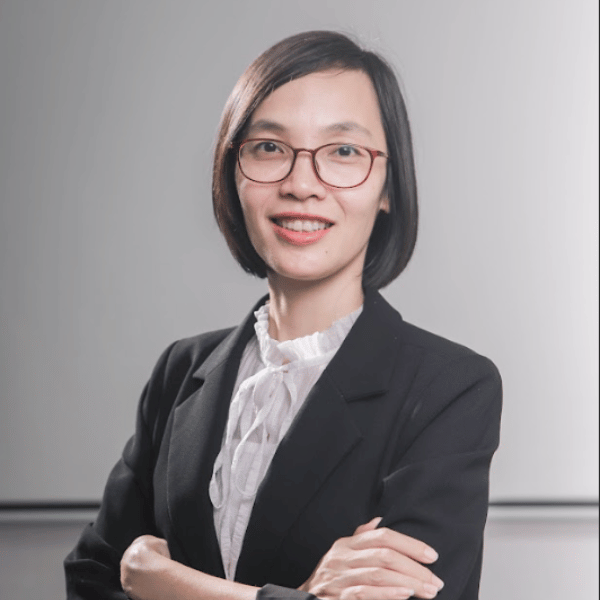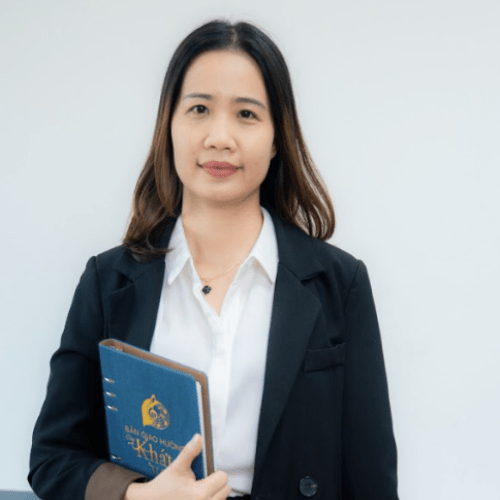At The Dewey Schools, the assessment system is not merely a tool for measuring academic performance but also a method that helps teachers better understand each student’s abilities, interests, and learning styles. The relationship between the assessment system and differentiated instruction at The Dewey Schools reflects a comprehensive and flexible educational philosophy, focusing primarily on the personal development of each student in a structured and systematic way.
Competencies Structure the Assessment System
Unlike traditional assessment systems focusing solely on grades, The Dewey Schools emphasize evaluating students’ competencies through specific skills. Each student is assessed not only through test results but also through their learning process and progress in various fields and competencies. This approach enables teachers to gain a holistic view of each student’s development, allowing them to create suitable teaching methods and personalize learning experiences for each student.
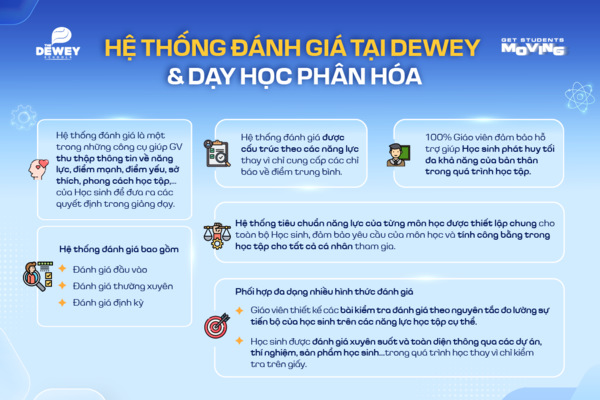
A standout feature of the assessment system at Dewey is its flexibility in the forms of assessment. Instead of relying solely on written exams, students at Dewey are assessed through projects, experiments, real-world learning products, etc., which help them foster creativity, independent thinking, and problem-solving skills.
Differentiated Instruction – Personalizing Learning Methods for Each Student
Differentiated instruction is the pedagogical focus of The Dewey Schools for the 2024-2025 academic year and is also a flexible teaching method where teachers adjust instructional activities to meet the different learning needs and abilities of each student. Students are placed at the center of the teaching process and are encouraged to take ownership of their learning.
A typical example is the Literature project report on the theme “The Tale of Kiều – A Cultural Mark” by 9th-grade students at Dewey Ocean Park. Instead of applying a uniform assignment to the whole class, students are free to choose their own creative direction, ranging from writing poetry, studying divination from the “Bói Kiều,” to designing posters, etc. These learning activities not only encourage creativity but also empower students to actively engage in research and acquire knowledge in their own way.
The Relationship Between the Assessment System and Differentiated Instruction
The relationship between the assessment system and differentiated instruction at Dewey plays a key role in the comprehensive development of students’ abilities. The assessment system helps teachers better understand students’ learning styles, strengths, and weaknesses, allowing them to design lessons that are tailored to each student’s learning profile, abilities, and personality. When students have an appropriate approach to knowledge, they develop a love for learning, form self-learning abilities, and cultivate essential skills such as creativity, independent thinking, and teamwork—skills vital for their future careers and lives.




